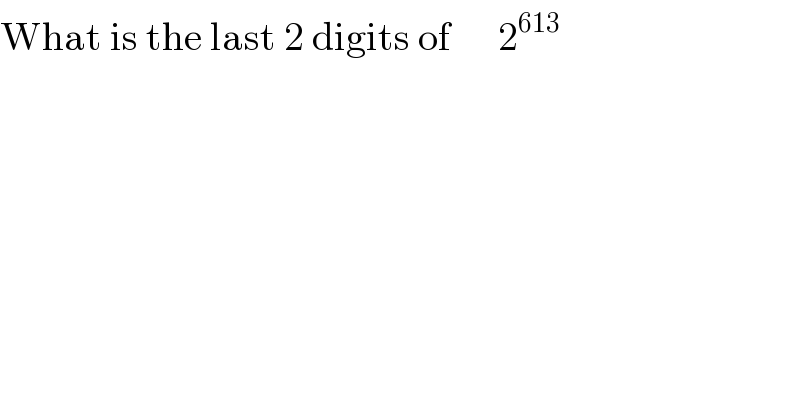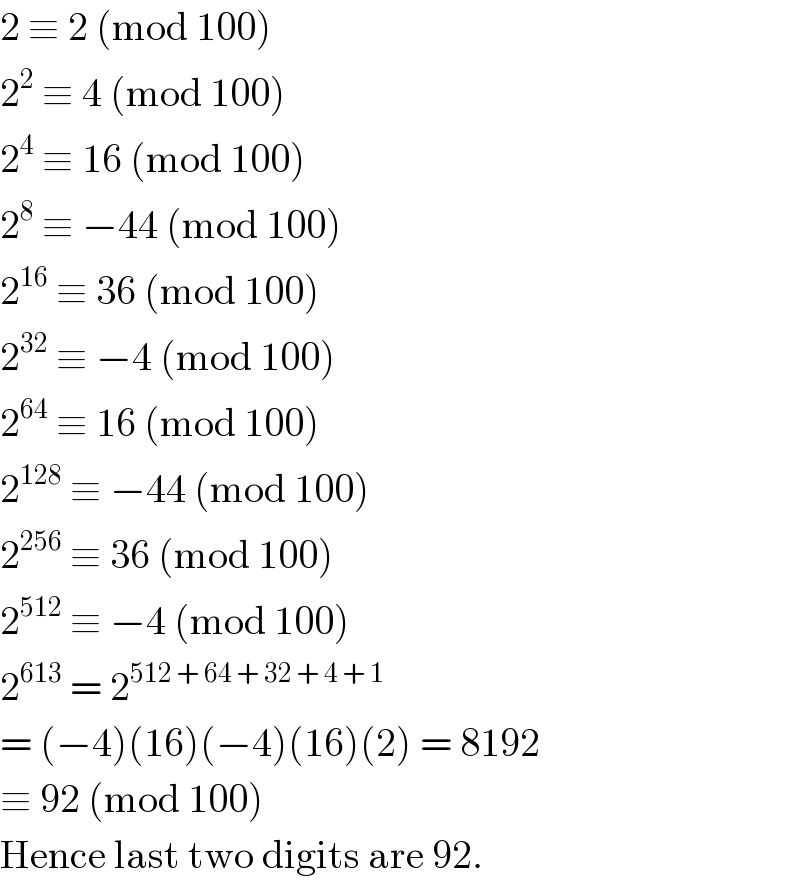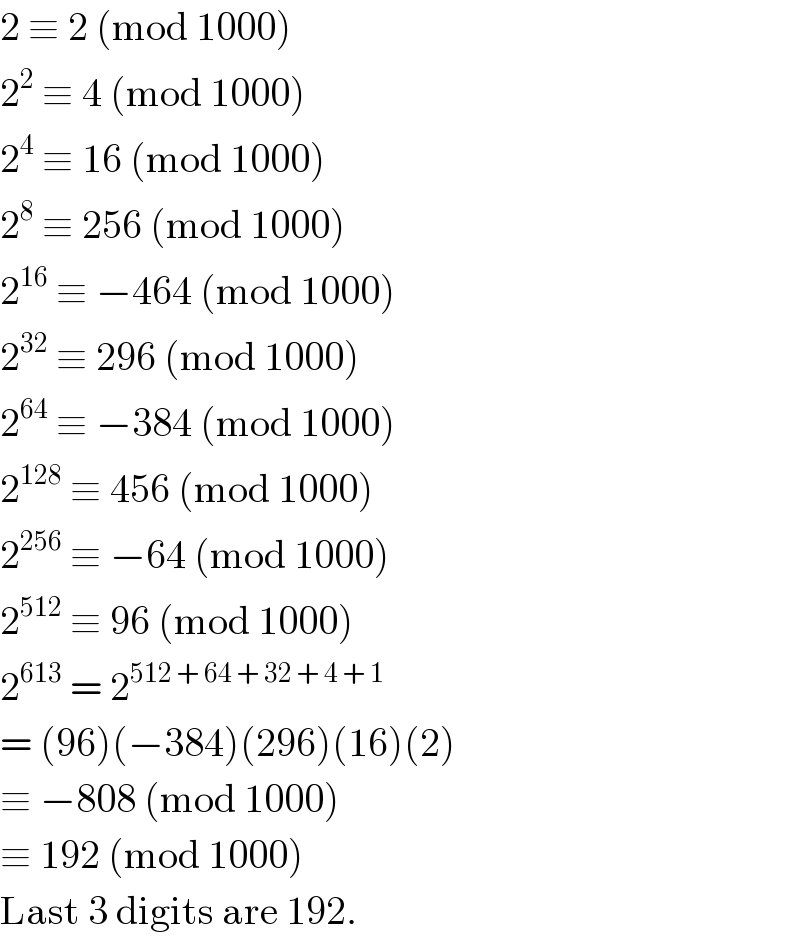Question Number 14564 by tawa tawa last updated on 02/Jun/17

Commented by tawa tawa last updated on 02/Jun/17

Commented by tawa tawa last updated on 02/Jun/17

Commented by Tinkutara last updated on 02/Jun/17

Commented by Tinkutara last updated on 02/Jun/17

Commented by tawa tawa last updated on 02/Jun/17

Commented by mrW1 last updated on 02/Jun/17

Commented by Tinkutara last updated on 02/Jun/17

Commented by RasheedSoomro last updated on 02/Jun/17

Commented by mrW1 last updated on 02/Jun/17

